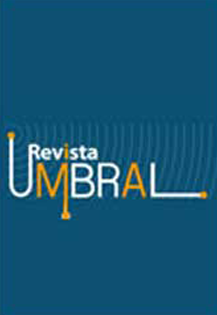Abstract
The production and use of stem cells, especially embryonic human stem cells (hESC), is one of the most relevant socio-scientific issues of our time. Due to the fact that to obtain these cells it is generally necessary to destroy human embryos, a whirlpool of controversies are created that need to be studied and analyzed using tools provided by the integration of multiple disciplines. Different authors discuss the ethical/moral value of these embryos and the impact of their use for these investigations. We can find diverse positions ranging from those that ascribe embryos with a moral value equal to a fully developed person, to those that consider them merely as groups of cells with minimal or no moral value at all. The moral disharmony surrounding this issue is deeply rooted in the polysemic definition of the person concept and accounts for the difficulty to assign an ontological or moral value to the human embryos. The social, political, religious and scientific debates intertwine seeking common grounds and also, pointing out their differences in the perception of what is morally correct when human embryos are the subjects of scientific research. The embryo is an epiphenomenon that impacts, and is also impacted, by societal and cultural forces struggling in relation to this controversy and the limitations to reach a consensus about the ethical/moral value of the human embryo.
En la Revista Umbral los artículos son evaluados por el proceso de revisión de pares doble ciego (blind peer review) y publicados con la licencia Creative Commons Atribución 4.0. La Revista está comprometida con el acceso abierto al conocimiento, haciendo disponible sus artículos en texto completo de manera pública y libre.
Downloads
Download data is not yet available.

